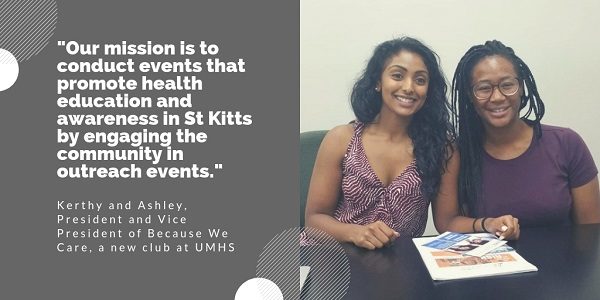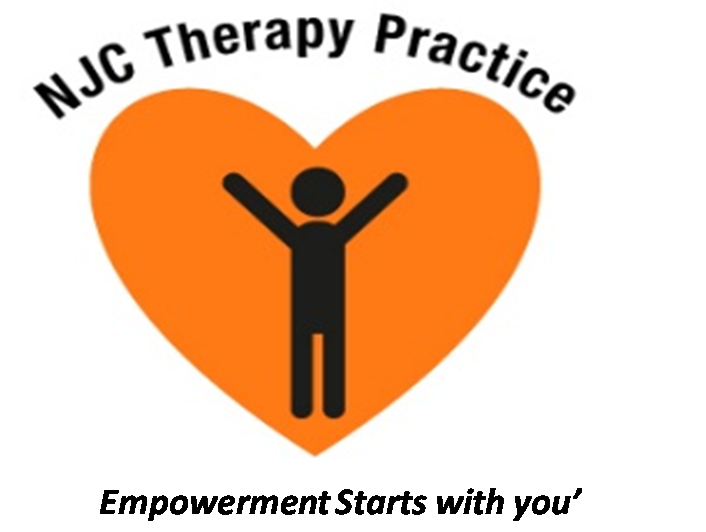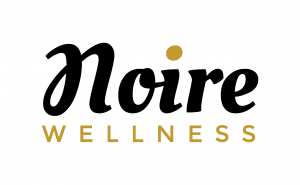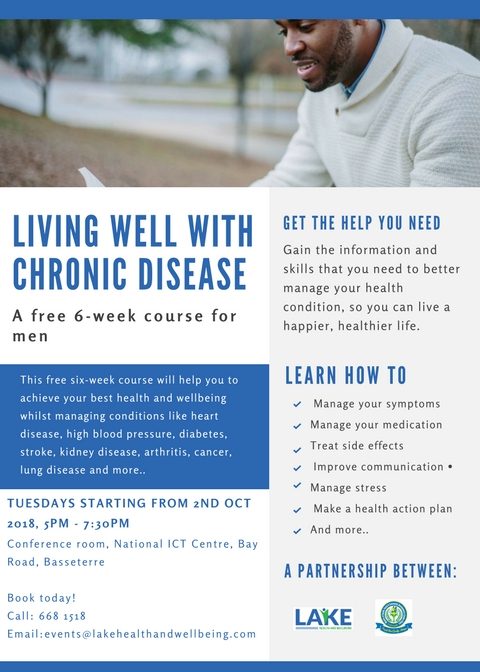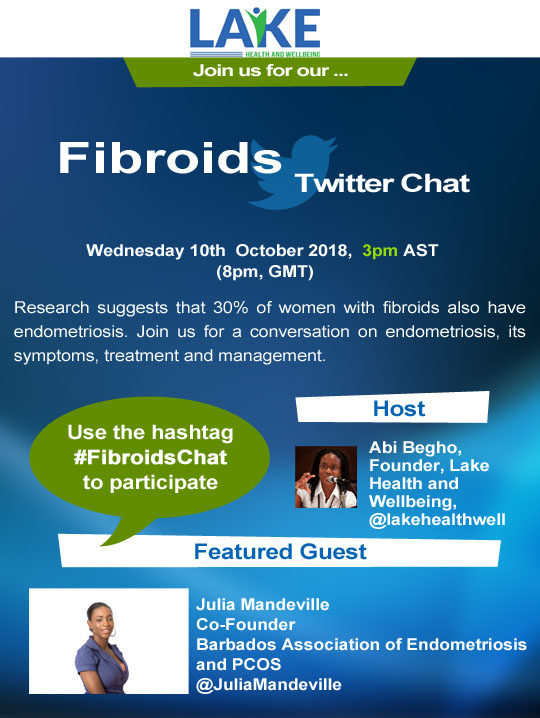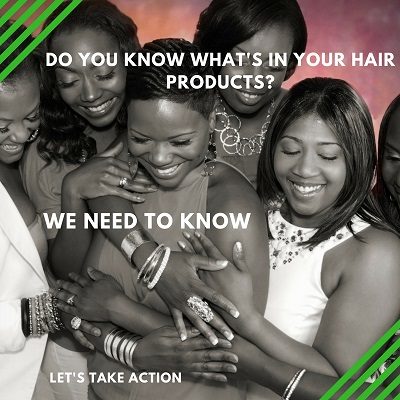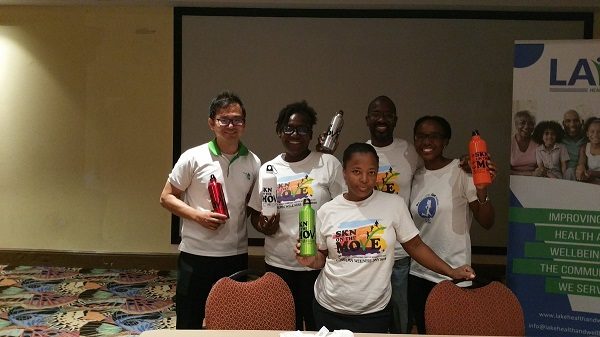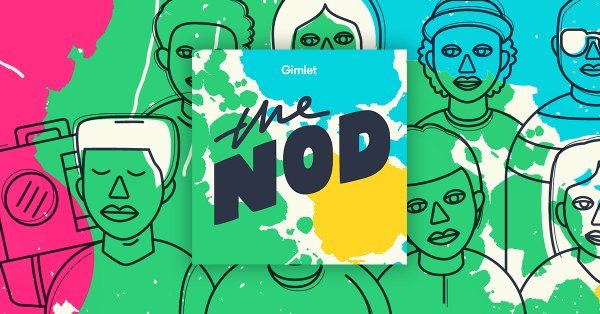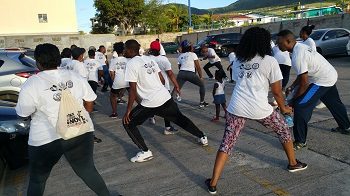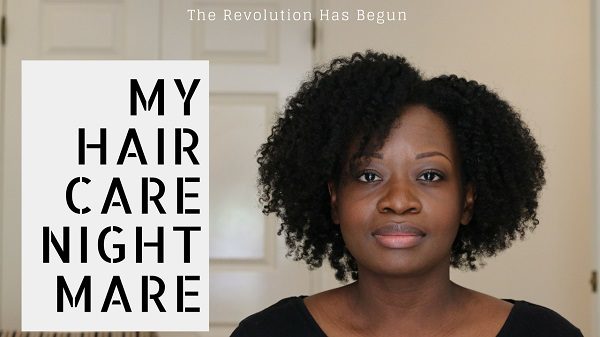Welcome back to our blog! Today, we’re delighted to have a guest blog submitted by Nina Johnson-Campbell of the NJC Therapy Practice.
Nina discusses how we can manage stress through emotional intelligence and provides some really useful tips that just require 10 minutes of your day.
This is the second blog from Nina Johnson-Campbell, in her first blog Nina explored a new tool to support the wellbeing of children and adults. You can read her first post here
What Exactly is Stress?
Stress is a necessary, innate/natural part of our survival instinct and physiological make up; it motivates us to take action to keep us safe or to keep reaching just that bit further to achieve our dreams and aspirations; it’s the ‘fuel’ that propels us.
Stress only becomes a problem when the physiological and physical symptoms build up in our body without being released and as a result starts to negatively impact our: memory, concentration, emotions, thinking abilities, health, our overall wellbeing and eventually our mental health.
What is Emotional Intelligence(EI*)?
EI is the ability to recognise and understand your emotions and those of others; the ability to use that information to guide your thoughts and actions; the ability to empathise (and therefore build better, successful relationships).
How can Emotional Intelligence (EI) help to manage stress effectively?
- Helps you to reduce excess stress as you better understand your emotions (becoming more self-aware);
- Use that information to guide your thoughts and actions;
- Increase your empathy through better understanding of others’ emotions, which in turn
- Improves your relationships, at school, at home, in the work place** and socially.
- Improving your emotional intelligence will help you to discover your inner strengths, remain calmer and in control in any situation.
Start to improve your Emotional Intelligence right now, today, by doing this simple exercise:
Set aside just 10 mins.
- Think of the last time you had a strong negative feeling towards someone, it may be a friend, partner, work colleague or even a stranger.
- Name the exact emotion you were experiencing in that moment (maybe anger, resentment, frustration, disappointment etc)
- Next take a few moments to explore why you were feeling that emotion (for example you may have felt mistreated, undervalued, ignored, inadequate, unloved).
- Now consider how the other person may have felt in that moment too, could they have been experiencing similar emotions? How do you know for sure how or what they were really thinking?
- As you’re now aware, you cannot be sure without further information what they were feeling/thinking. In light of this new awareness,
- Consider how you could have responded in a better/constructive way for you.
- What did you learn from that situation, good or bad?
- What will you do differently next time?
As it’s your response and not the situation that determines your outcome, take time to pause and by practising the few simple steps outlined above, I guarantee you will start to see better results as you reduce your stress by taking control of your emotions, instead of them controlling you and allow space for you to think more clearly.
Remember as Confucius said:
‘Mighty is the man who can command an army of thousands, Mightier still is the man who can command himself’.
If you would like to discover how managing stress through EI could improve other areas of your life, please contact me at: Johnsm2643@gmail.com or visit my website www.life-njctherapy.co.uk
Notes
*M. Beldoch c.1964
** Some studies have shown that job candidates with higher levels of EI are often more successful; perform better once employed; make great managers and business owners ( Forbes.com; Times on Sunday; Harvard Business School)
The above article was published in 2016: http://jamaica-gleaner.com/article/health/20161116/stress-management-through-emotional-intelligence
Copyright N.Johnson-Campbell (2016)







